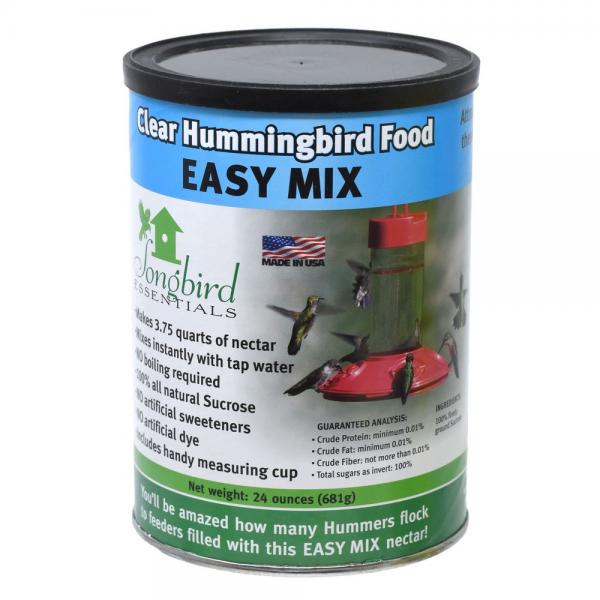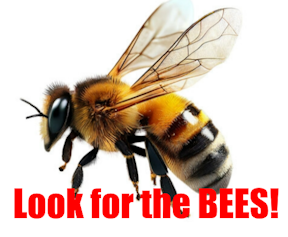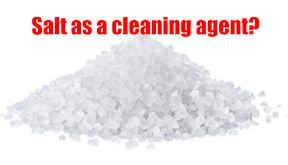Hummingbirds and Nectar: Unveiling the Surprising Truths
Can a Hummingbird Smell Nectar? Exploring the Sensory World of These Tiny Birds
Hummingbirds, those tiny avian marvels, captivate us with their dazzling colors and aerial acrobatics. But beyond their visual appeal, these birds have a complex relationship with their primary food source—nectar. A question that fascinates birdwatchers and scientists alike is: Can a hummingbird smell nectar? This question opens the door to an intriguing exploration of hummingbird behavior, the quality of nectar, and how nature deals with spoilage.
The Sensory Capabilities of Hummingbirds
First off, it’s essential to understand that hummingbirds, despite their small size, are highly adapted to their way of life. Their vision is exceptional, allowing them to see colors beyond human capabilities, including ultraviolet light. This aids them significantly in spotting flowers rich in nectar. However, when it comes to the sense of smell, hummingbirds are believed to have a relatively underdeveloped olfactory system. This suggests that their ability to detect nectar through scent is limited.
Can Hummingbirds Detect Bad Nectar?
Given their limited sense of smell, can hummingbirds tell when nectar is bad? The answer isn’t straightforward. While they may not detect spoilage through smell as humans or other animals might, hummingbirds likely use other cues. For instance, the taste of nectar changes as it ferments or spoils, becoming less sweet and more acidic. Hummingbirds, seeking the high-calorie fuel that fresh nectar provides, may be able to discern these subtle changes in taste, avoiding nectar that has gone bad.
Will Nectar on a Flower Spoil?
Nectar, like any sugary liquid, can indeed spoil. The process begins when bacteria or yeast present in the environment start to ferment the sugars in the nectar, leading to a change in its chemical composition. This spoilage process can make the nectar less palatable and nutritious for hummingbirds. Additionally, spoiled nectar can carry harmful microorganisms that may pose health risks to these birds.
Will a Hummingbird Drink Nectar if It Is Bad?
While a hummingbird’s primary goal is to find rich, sweet nectar, they may occasionally ingest spoiled nectar, especially if sources of fresh nectar are scarce. However, their preference for fresh, high-quality nectar means they are likely to abandon a source if it consistently offers poor-quality sustenance. This behavior underscores the importance of maintaining clean feeders for those who enjoy attracting hummingbirds to their gardens.
How Is Spoiled Nectar Handled in Nature?
Nature has its ways of dealing with spoiled nectar. In the natural setting, the turnover of nectar within flowers is relatively high, thanks largely to the frequent visits by pollinators, including hummingbirds. These visits encourage flowers to continually produce fresh nectar. Furthermore, environmental factors, such as rain, can dilute or wash away spoiled nectar, thereby mitigating its spread and impact on the local hummingbird population.
Tips for Feeding Hummingbirds
For hummingbird enthusiasts, ensuring the health and safety of these birds is paramount. Here are a few tips for offering nectar to hummingbirds:
- Regularly clean and refill feeders to prevent nectar from spoiling.
- Use a mixture of four parts water to one part white sugar to closely mimic natural nectar.
- Avoid using honey or artificial sweeteners, as these can harm hummingbirds.
- Place feeders in shady areas to slow down the fermentation process.
In conclusion, while hummingbirds may not rely heavily on their sense of smell to find nectar, they have adapted to prefer and seek out the freshest and most nutritious sources of nectar. Spoiled nectar does present a challenge, but nature—and responsible bird lovers—have ways of ensuring that these vibrant birds have access to the quality nutrition they need to thrive.






